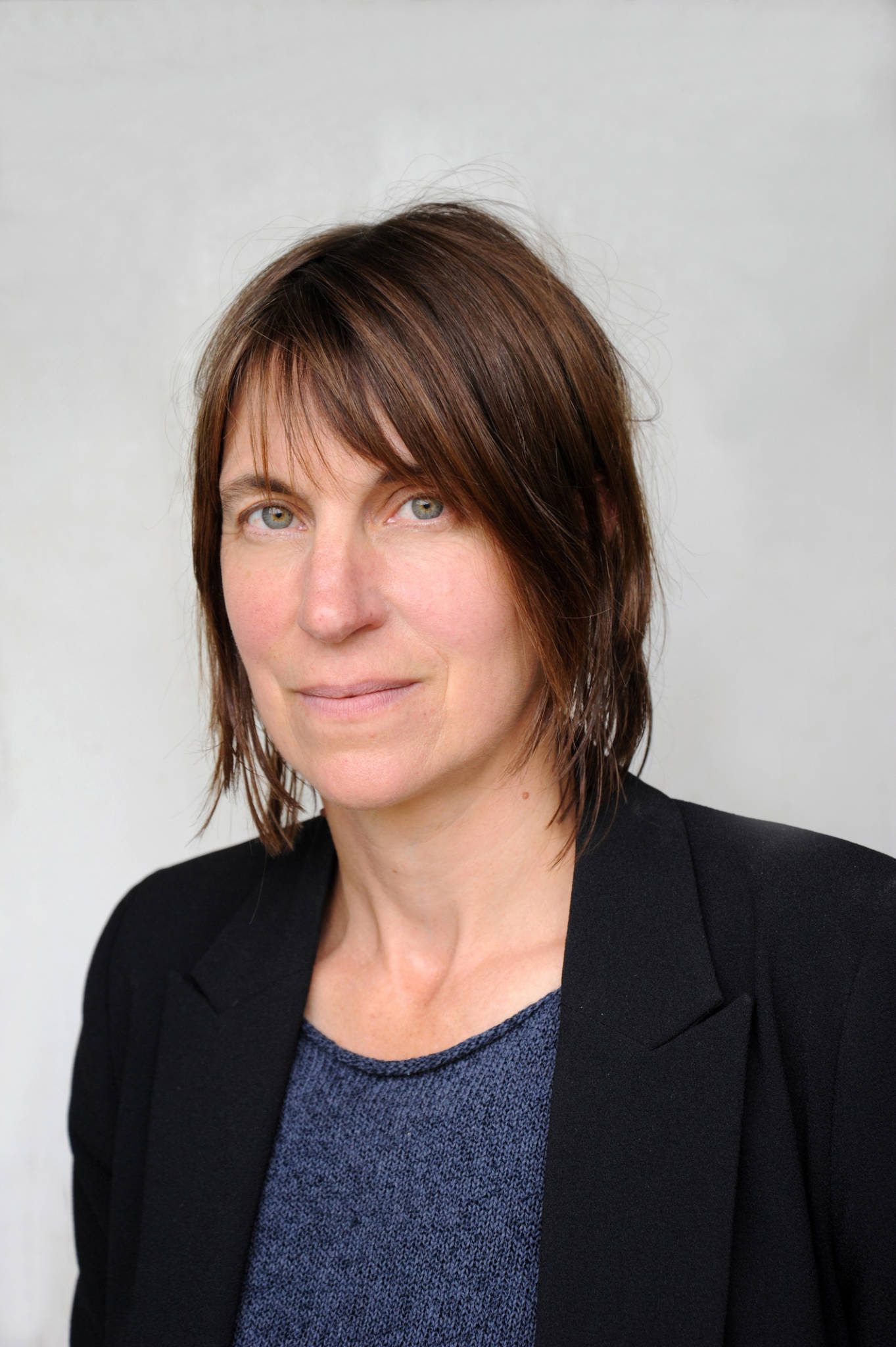Poet Alice Oswald will present the inaugural Robert Fagles Lecture in Classics and the Contemporary Arts on October 2, and be in residence from October 2, 2017 until October 5, 2017. Labyrinth Books will host a public reading on October 4.
Alice Oswald was trained as a classicist at New College, University of Oxford. Her first collection of poetry, The Thing in the Gap-Stone Stile (1996), received a Forward Poetry Prize for Best First Collection. Oswald often works in book-length projects and is known for her interests in gardening, ecology, and music. Her second book, Dart (2002), was the outcome of years of primary and secondary research into the history, environment, and community along the River Dart in Devon, England. Oswald’s other collections of poetry include Woods, etc. (2005), winner of a Geoffrey Faber Memorial Prize; Weeds and Wild Flowers (2009), illustrated by Jessica Greenman; A Sleepwalk on the Severn (2009); and Memorial (2011), a reworking of Homer’s Iliad that has received high critical praise for its innovative approach and stunning imagery, which won the 2013 Warwick Prize for writing. Oswald was the first poet to win the prize. Her latest book is Falling Awake (2016).
Oswald was the 2017 winner of the International Griffin Poetry Prize. Her other honors include an Eric Gregory Award, an Arts Foundation Award for Poetry, a Forward Prize for Best Single Poem, and a Ted Hughes Award. She lives in Devon with her husband and three children.
The newly established Robert Fagles Lecture in Classics and Contemporary Art will bring a distinguished writer or artist whose work engages with the classics to Princeton for a multi-day visit. During this time they will give lectures and readings, meet students, and engage in a public conversation with faculty members about their work and its responses to Greek and Roman antiquity. This lectureship is supported by the Department of Classics, the Department of Comparative Literature, the Humanities Council, the Lewis Center for the Arts, the Princeton University Public Lectures Committee, Labyrinth Books, and the Seeger Center for Hellenic Studies, with the support of the Stanley J. Seeger Hellenic Fund.
















